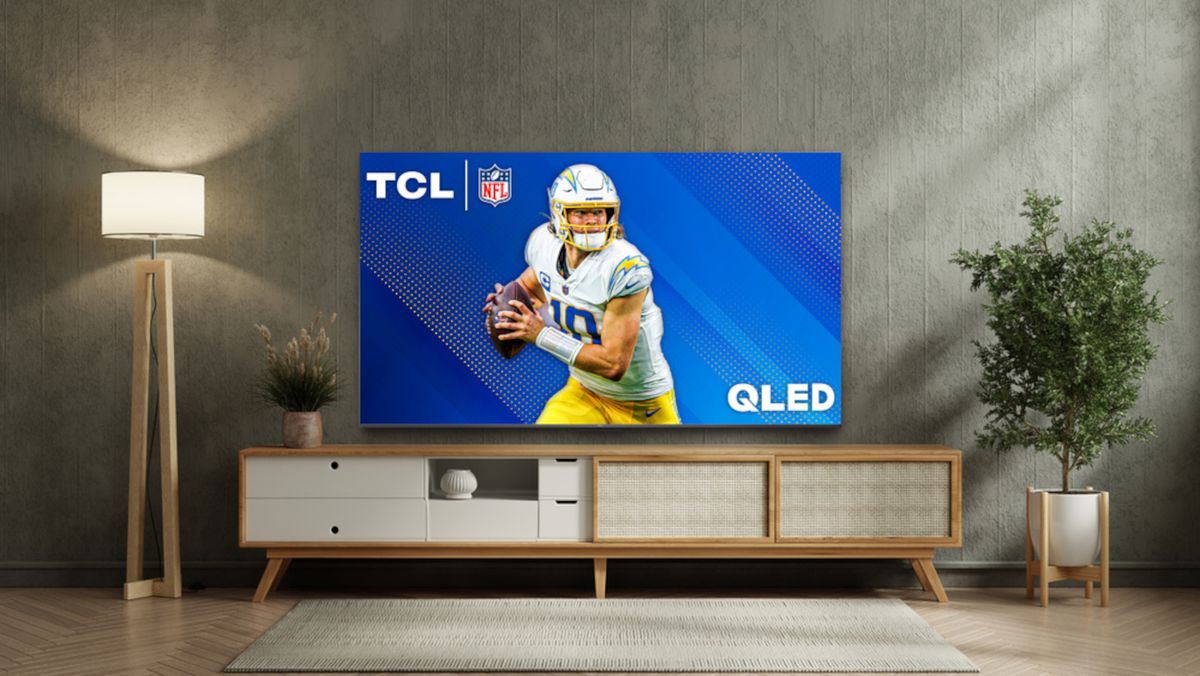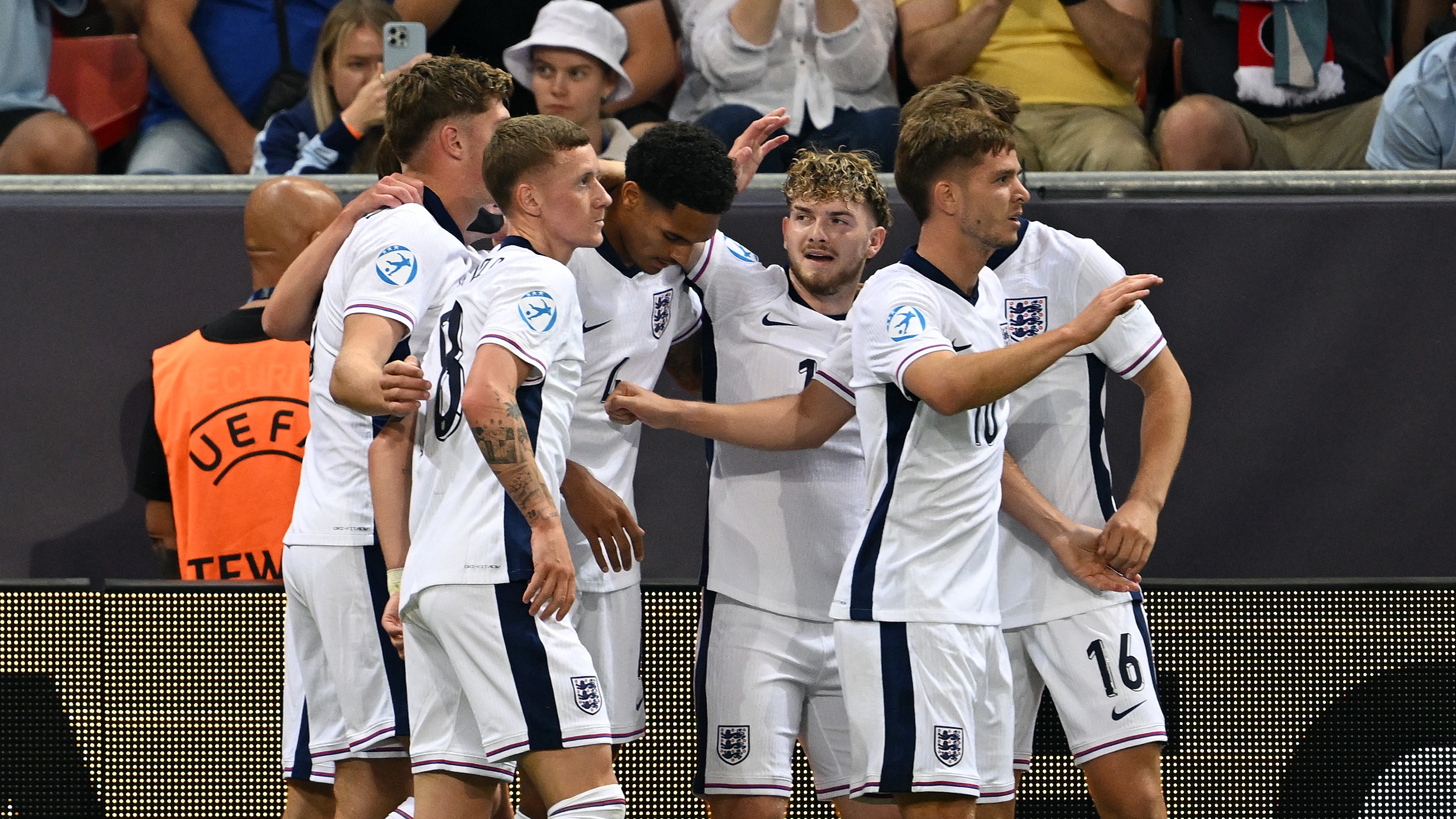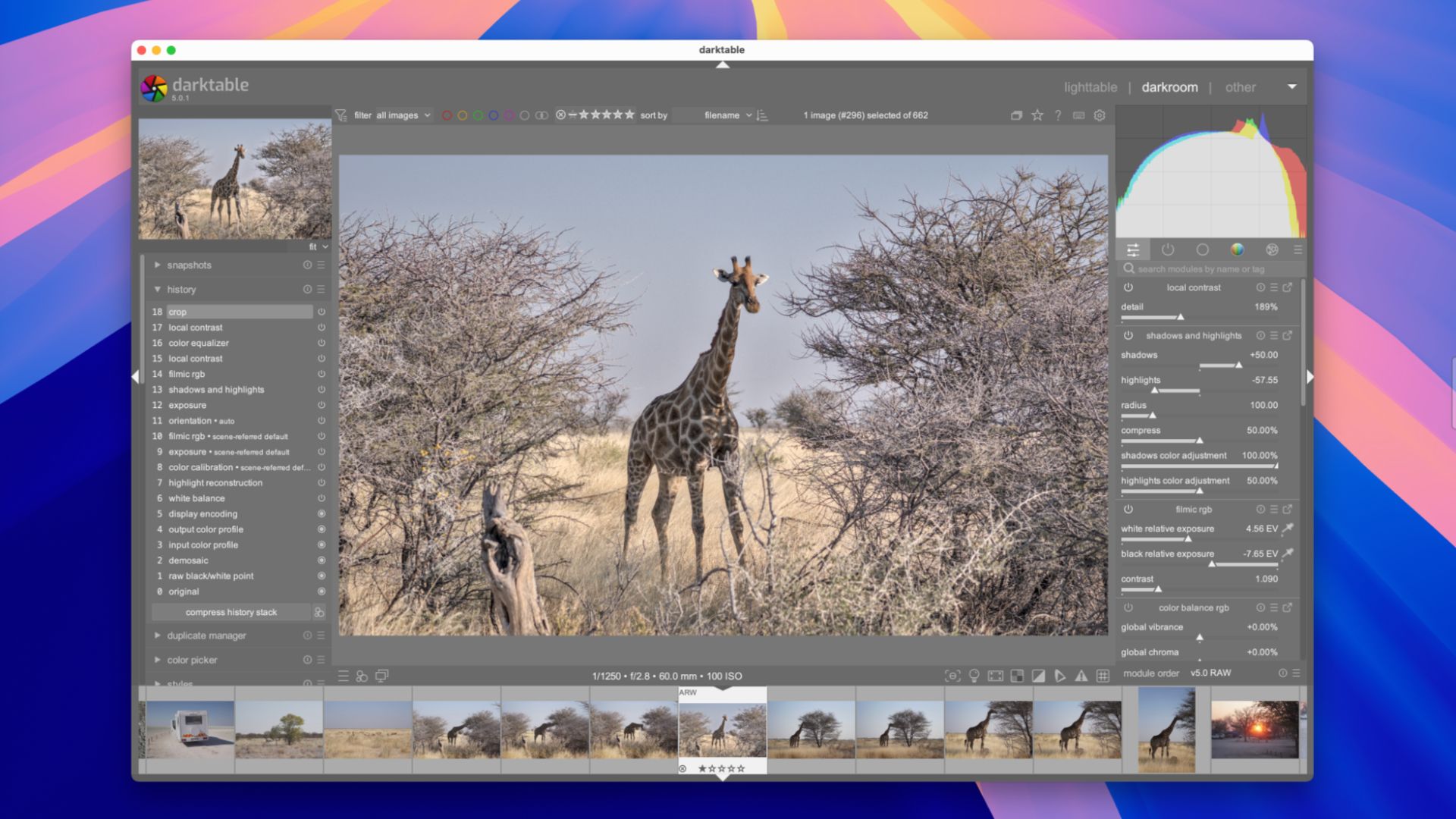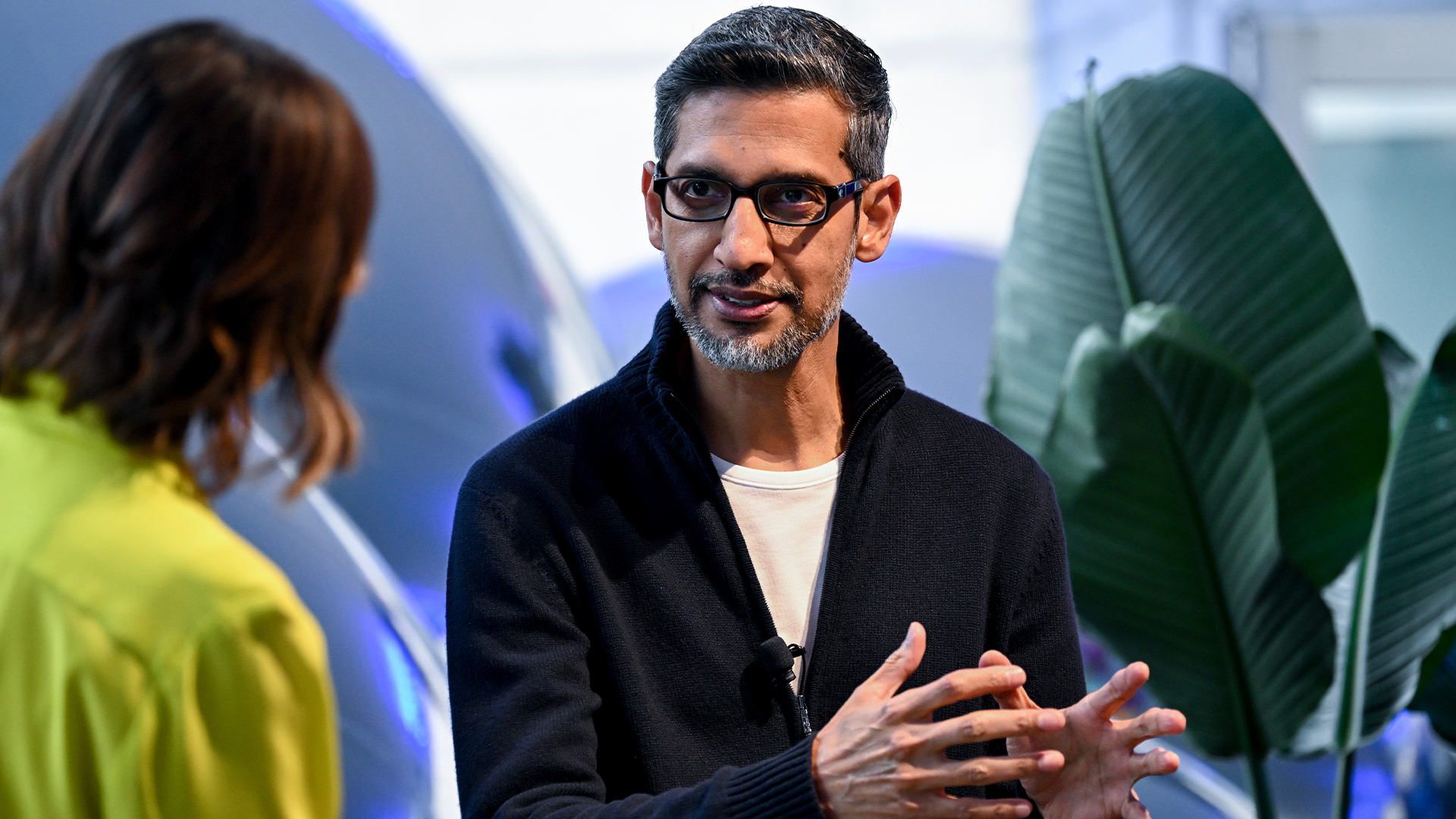TCL under fire — report suggests its QLED TVs might not have any quantum dots

Despite being advertised as having quantum dots — nanocrystals that produce brighter, richer colors on your display — some TCL QLED TVs might not even have them, according to a new study out of Korea.
The claim was first published on Korean news site etnews.com, which cites a published analysis conducted by two independent certification agencies, SGS and Intertek. Quantum dot producer Hansol Chemical, which supplies the QLED panels for many of the best Samsung TVs, commissioned the study. TCL, however, shot back with its own analysis, which refutes Hansol Chemical’s findings.
But whose analysis is correct, and what does this mean for the future of TCL QLEDs?
Which TCL QLEDs might not have quantum dots?
The QLED TVs in question are the TCL C755, C655, and C655 Pro. According to both SGS and Intertek, these models don’t contain any signs of indium and cadmium. These are elements used in the creation of quantum dots.
The questions first arose when Korean quantum dot producer Hansol Chemical commissioned SGS and Intertek to conduct a study on TCL QLED TVs. Their findings concluded that the aforementioned TVs, the C755, C655, and C655 Pro, lack the chemical trace of cadmium or indium, two elements used in quantum dot display manufacturing.
TCL isn’t one to ignore the commotion. In a copy of its own chemical analysis sent to etnews.com, it cites an opposing report conducted by SGS and commissioned by Guangdong Region Advanced Material, a quantum dot film supplier for TCL. The findings concluded that traces of cadmium were present in the TVs specified and a spectrogram on the QD film also confirmed the presence of quantum dots.
Hansol’s report was conducted by literally tearing down TCL TVs. TCL, meanwhile, used its own QD film supplies to back up its claims.
There’s an important distinction to be made between the two studies, however. Hansol’s report was conducted by literally tearing down TCL TVs. TCL, meanwhile, used its own QD film supplies to back up its claims.
In other words, TCL just tested material supplied by other vendors (of which there are quite a few), while the competing report tested actual TVs. It’s possible that TCL sourced faulty QD films when producing these TVs. Unfortunately, even if this is the case, it still raises questions about TCL’s quality control efforts.
Should I still buy a QLED TV?
For buyers looking to snag one of the best TVs, the confusion is sure to lead to some skepticism, particularly when it comes to QLED TVs. These TVs often sport lower prices, yet still provide premium features for most consumers, as the OLED TV vs QLED TV debate is one with many angles.
According to Digital Trends, to combat the confusion (and potential misinformation), a new “QLED Alliance” might be on the horizon, one that would verify the legitimacy of QLED TVs and give a stamp of approval to those that pass certain requirements — namely the inclusion of quantum dots.
The formation of this alliance is still up in the air. For buyers hoping to overcome doubt about that next big TV purchase, I suggest looking at some of the best OLED TVs, as they provide the best viewing experience. Many OLED TVs are priced at relatively low prices, too, like the impressive LG C3.
More from Tom’s Guide
Source link









